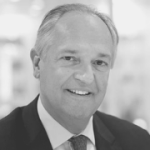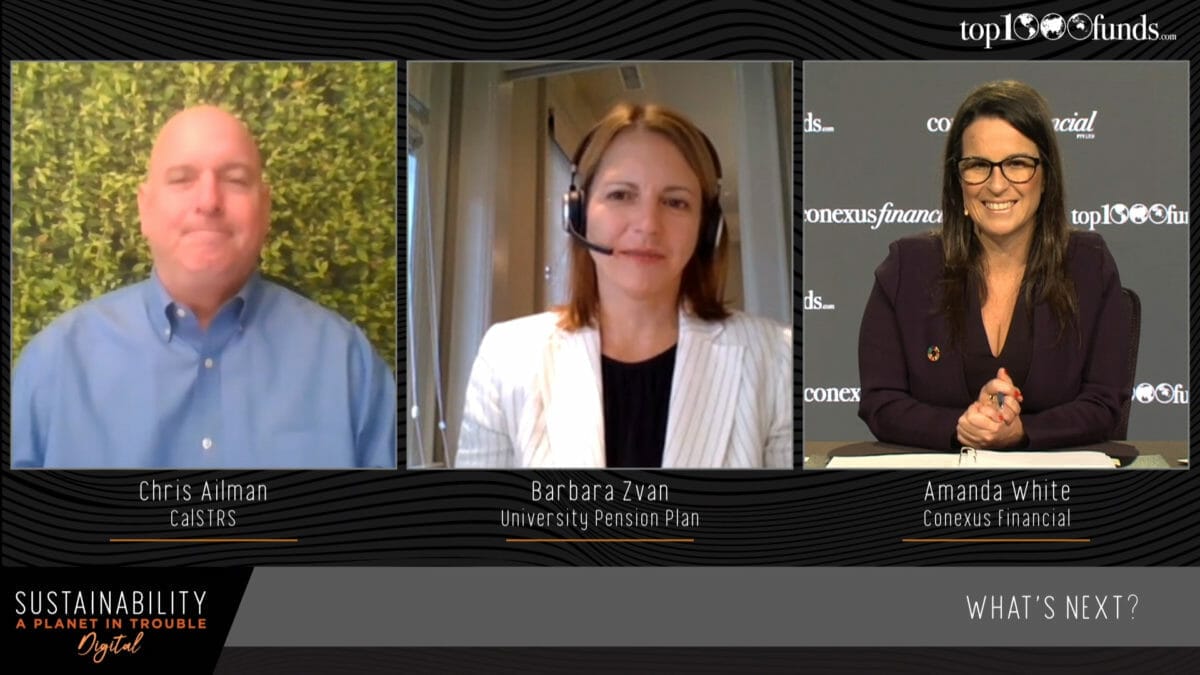In this intimate conversation, Paul Polman, SDG ambassador and chair of IMAGINE, discusses the importance of leaders accelerating corporate responsibility efforts.
Tate has been an investment industry media publisher and conference producer since 1996. In his media career, Tate has launched and overseen dozens of print and
electronic publications. He is the chief executive and major shareholder of Conexus Financial, which was formed in 2005, and is headquartered in Sydney, Australia.
The company stages more than 20 conferences and events each year –
in cities which have included London, New York, San Francisco, Los Angeles, Amsterdam, Beijing, Sydney and Melbourne – and publishes three media brands,
including the global website and strategy newsletter for global
institutional investors conexust1f.flywheelstaging.com. One of the company’s signature events is the bi-annual Fiduciary Investors Symposium. Conexus Financial’s
events aim to place the responsibilities of investors in wider societal, and political contexts, as well as promote the long-term stability of markets and sustainable
retirement incomes. Tate served for seven years on the board of Australia’s most high profile homeless charity, The Wayside Chapel; and he has underwritten the
welfare of 60,000 people in 28 villages throughout Uganda via The Hunger Project.
Key takeaways
- The SDGs will fail if we don’t create a more inclusive world.
- Although we know what needs to be done we are not able collectively to behave at the scale and speed needed to fix known issues.
- We only treasure what we measure. The progress in the area of measurement has been too slow.
- Achieving the SDGs is hard work. The problem is that we do not have enough leaders in business and finance prepared to place self-interest to one side and focus on the greater good.
- The successful company of the future will not focus on being ‘less bad’, it will focus on doing ‘more good’.
- ‘The world really is in trouble. There are no healthy people on an unhealthy planet.’
- Humanity will pay the price if we do not address structural issues.
- If issues of unemployment persist, social cohesion issues will escalate. We need to create better and more resilient jobs by investing in R&D and education.
- If we all know what needs to be done why is our collective behaviour not reflecting this?
- Business and politics alike suffer from short-term goals and assessments.
- We need to put a price on scarce resources and social risk.
- We cannot rely on governments to bring about the required system change.
- The SDGs are the biggest business opportunity in the world.
- Seek out your investors, don’t respond to them passively.
- ‘You don’t have to eat the elephant in one bite’ – have a ten year business model that addresses known social issues.
- ‘The companies that don’t place sustainability at the forefront of their strategy will be relegated to the graveyard of dinosaurs.’





